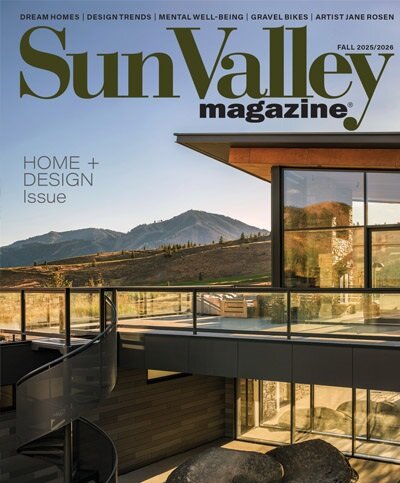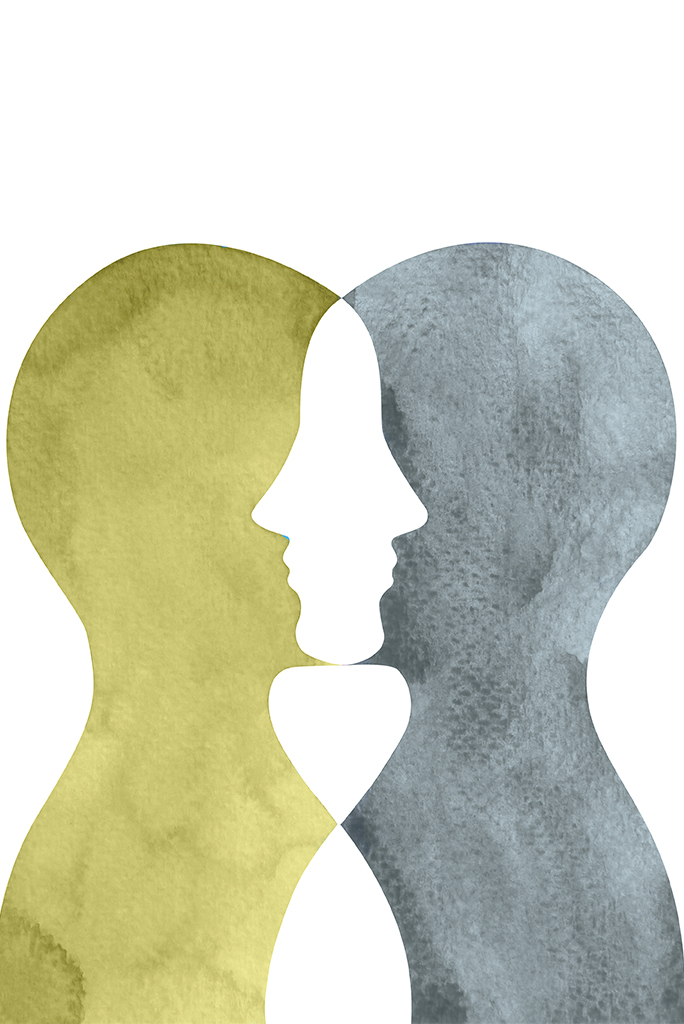A year ago, at the launch of a county-wide mental-health push, Jane Lopez handed a flier to an older Latina. The woman seemed puzzled. “I’m not crazy,” she said. Lopez, a community organizing supervisor at the Bellevue-based Hunger Coalition, had heard that before.
“Mental health isn’t about craziness,” she remembers saying. “It’s when you work, work, work, but you can’t catch up on bills. When you keep going but can’t see the light at the end of the tunnel. When you know that you’re tired, and full of these anxieties and emotions, and you’re flooded with feelings you can’t understand. Something is happening to you, and it’s not going to get better until you have these conversations. That’s mental health.”
Nearly one in four Blaine County residents identifies as Latino, including more than 40% of kids in the Blaine County School District. A similar number speak a language other than English in the home, according to 2023 Census data. Among the county’s substantial Latino population, relatively few, for reasons of stigma or circumstance, seek mental health care or counseling, behavioral health providers say.
A pilot program in Blaine County’s Mental Well-Being Initiative aims to bridge that gap through virtual Spanish-language counseling sessions on a platform called Sanarai. The firm matches clients with licensed providers who have more than five years of professional experience in Mexico, Argentina and Venezuela. It isn’t the same as traditional therapy. Sanarai’s providers can’t diagnosis mental illness like a U.S.-licensed psychologist or prescribe medicine like a board-certified psychiatrist. Sarah Seppa, who runs St. Luke’s Center for Community Health, refers to the sessions as “coaching.” But the sessions are gratis, the barriers are low, and the returns, so far, are promising.
“It’s free, it’s easy and there are always options,” said Claudia Mendoza, a case manager with The Hunger Coalition who has referred clients to Sanarai. “They’re really seeing an impact on their health. I’m 100% sure they’re spreading the word.”
The numbers bear that out. Sanarai usage has risen every month since it launched in December. Clients referred by The Hunger Coalition, Center for Community Health, Alliance of Idaho and The Advocates logged 161 sessions in June, up from 21 in the first month. The Advocates began referrals in April with “excellent” reviews from clients, according to Executive Director Tricia Swartling. The Family Health Services in Bellevue also offers codes for free sessions.
“It is getting used and is a valuable resource due to the shortage of Spanish-speaking counselors,” Swartling said.
Locally, bilingual providers are booked months in advance, if they’re available at all. Insurance rarely covers the cost of traditional therapy, and a lot of seasonal workers she sees don’t even have insurance through work, according to Lopez. Plus, hourly employees must miss work for medical or mental health appointments; some employers don’t allow it, or workers can’t afford it, Seppa said. In the near term, that’s unlikely to change. 
“Ideally, we’d have more in-person Spanish-speaking therapists in the community,” Seppa said. “It would also help if employers offered health insurance or stipends and allowed time off for medical needs. Unfortunately, the future cuts to Medicaid that Congress just passed will likely worsen access and be devastating for so many across the whole community—and country—including those seeking behavioral health care.”
Sanarai offers a huge roster of providers with virtual appointments spanning nights and weekends. Patients can view the therapists’ professional experience, nationality and areas of expertise: anxiety and stress, grief counseling, migratory mourning. Patients pick a provider that fits his or her needs and can switch at any point. Then, counselor and patient talk over the digital platform.
The sessions are online by necessity—providers and patients can be thousands of miles apart. But even that has been a plus, Lopez said. There’s a common saying in Latino communities: “La ropa suicia se lava en casa.” In English: “Don’t air your dirty laundry in public.” Even if you can afford mental health care, there’s a real fear of your secrets getting out. The stigma runs deep in Latino communities, Lopez said; just the fear of seeing your therapist in line at the grocery store—someone who knows your secrets and might spill them—is enough to keep people away.
“As a community, we try to protect our families and our private lives,” she said. “This is a good option, because we don’t know the person. Who are they going to tell?”
Slowly but perceptibly Lopez and Mendoza see the stigma around mental health eroding. At their biweekly women’s group, word about Sanarai is starting to spread. (Almost all of The Hunger Coalition’s referrals have been women.) Conversations are less about the crises of their lives, and more about the joys.
Mendoza says, “Mainly, they feel secure—like they can talk about anything.”
“It’s not in our culture to go and talk to a therapist. People need to work on asking for help, talking sooner. That’s what I hear most: ‘I wish that I’d known sooner.’”
HOW TO ACCESS SANARAI
Five valley organizations offer free referral codes to Sanarai sessions.
To get yours, talk to staff at:
- St. Luke’s Center for Community Health: 450 Aviation Dr. Suite 200, Hailey. 208.747.8733
- The Hunger Coalition: 110 Honeysuckle Street, Bellevue. 208.788.0121.
- The Advocates: Hailey. By phone at 208.578.0340.
- The Alliance of Idaho: 314 S. River Street, Suite 201, Hailey. 208.913.0067.
- Family Health Services: 621 N. Main Street, Bellevue. 208.725.3145.

